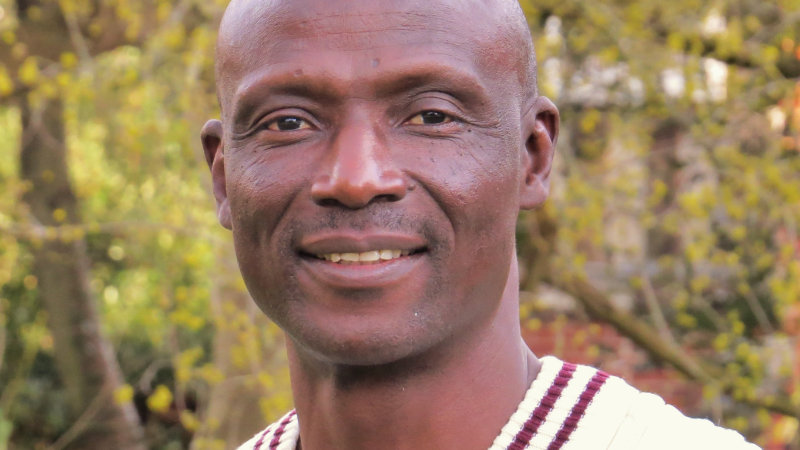How can they hear without someone preaching to them? Romans 10:14
Those who had been scattered preached the word wherever they went. Acts 8:4
Some of the great church growth movements of the past have been centrally planned, led by established leaders, and required considerable resources. Roman missions to pagan northern Europe in the ‘dark ages’ might have come into this category, and more recently, some Anglican expansion in Africa, or Billy Graham’s stadium tours in the 20th century. But perhaps more common, and maybe more miraculous, have been evangelistic enterprises leading to spontaneous and rapid church growth, often led locally by ‘ordinary’ lay people, with little finance or advance planning. This seems to have been the case in Irish mission to the British mainland in the 5th century,the East African revival of the 1930’s and 40’s, in China after Western missionaries were forced to leave by the Communists in the 1950’s. Currently we are seeing a similar phenomenon in Iran and in new churches in Europe initiated and led by immigrants from the global south.
These and many other examples show that the church grows rapidly in contexts of relative poverty, it isn’t possible or even desirable to establish and maintain Western-style administration and buildings, and expensive models of training, deployment and remuneration of clergy. Rather, the focus is on ‘catching up’ with what is already happening on the ground: providing basic on the job training of those people who are already leading new and growing worshipping and witnessing communities. Persecution, and displacement through war, famine and political instability make mission even more difficult, and yet it is happening by God’s grace and because of the courage and faith in Christ shown by his people.
The role of the Western church now is not as in the past to send ‘missionaries’ - evangelists and church leaders - in fact more and more it is the West that is receiving missionaries! The role of the church is to assist in the resourcing of these indigenous Spirit-led mission movements, and to learn from the faith and resilience of brothers and sisters in the worldwide family of the church. As an example, watch this interview with Hassan John as he talks about Anglicans in northern Nigeria.

But this type of church, leaner, less dependent on expensive infrastructure, perhaps closer to the models of the New Testament? isn’t only appropriate for global south Anglicanism. The Church of England has just embarked on a major discussion about the need to change mission and minister models in the light of severe financial constraints and rapid decline in membership. The vision to plant thousands of small, lay-led congregations has alarmed some, concerned about the potential undermining of the default system of traditional parish church and stipendiary clergy. Others are excited by the potential of seeing trained clergy as enablers of lay people carrying out their calling as ‘missionary disciples’, gathering in small groups, impacting communities with the gospel of the Kingdom (see a summary of the discussion here and more information in the news below).
A model of church which is financially low-cost, but mission-focussed and involving the whole people of God is not a ‘silver bullet’, but it’s surely needed in secularised Britain and Europe as a mission method alongside historic parish ministry. But it needs one more crucial ingredient which is often lacking in historic denominations - a commitment to biblical truth. New, more flexible structures of church for mission, even based on documents full of biblical language about Jesus and salvation, are frankly no good if many of the church’s leaders and theological teachers can’t agree on what being a Christian means, in terms of essential belief and expected behaviour.
The need to reach our neighbours and our nation with the Gospel is urgent, just as it was when the first Christians preached and set up fellowships whoever they went, and when Paul wrote to the Romans “how shall they hear?” The temptation is to think that by changing the message, cutting out elements which society considers foolish or offensive, more will stay in or join the church, but that is not what the early Christians did. And as we look at church growth around the world in hard places, we not only see faithful, creative, grassroots evangelism and church planting in action, but we can be part of a fellowship that celebrates this in Anglican form, through Gafcon.
Gafcon’s Jerusalem Declaration is a summary of orthodox Christian belief which must be our foundation as we “proclaim Christ faithfully to the nations”, starting with our own. Gafcon GBE aims to encourage all who are committed to Gafcon’s vision of Christ-centred and bible-based mission, whether from a traditional Parish or new expression of Anglicanism, to reach out with the gospel, stand firm for the truths of the faith in the face of ‘other gospels’, and to intentionally be part of a global church from which we can learn so much.